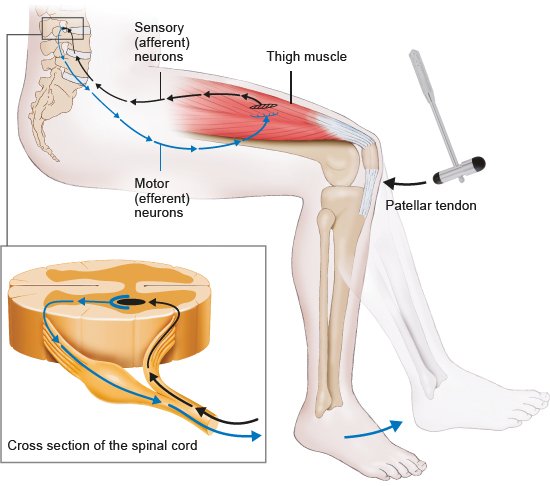Andreae S, Avelini P, Berg M et al. Lexikon der Krankheiten und Untersuchungen. Stuttgart: Thieme; 2008.
Bender A, Rémi J, Feddersen B et al. Kurzlehrbuch Neurologie. München: Urban und Fischer; 2022.
Berlit P. Klinische Neurologie. Berlin: Springer; 2020.
Deutsche Gesellschaft für Psychiatrie und Psychotherapie, Psychosomatik und Nervenheilkunde (DGPPN), Deutsche Gesellschaft für Neurologie (DGN). S3-Leitlinie "Demenzen". AWMF-Registernr.: 038-013. 2016.
Fuller G. Neurologische Untersuchung: Auf einen Blick. München: Urban und Fischer; 2006.
Masuhr KF, Masuhr F, Neumann M. Duale Reihe Neurologie. Stuttgart: Thieme 2013.
Neurologen und Psychiater im Netz. Das Informationsportal zur psychischen Gesundheit und Nervenerkrankungen. Diagnostik: Anamnese und neurologische Untersuchungen. 2023.
Pschyrembel Online. 2023.
Sitzer M, Steinmetz H. Lehrbuch Neurologie. München: Urban und Fischer; 2011.
IQWiG health information is written with the aim of helping people understand the advantages and disadvantages of the main treatment options and health care services.
Because IQWiG is a German institute, some of the information provided here is specific to the German health care system. The suitability of any of the described options in an individual case can be determined by talking to a doctor. informedhealth.org can provide support for talks with doctors and other medical professionals, but cannot replace them. We do not offer individual consultations.
Our information is based on the results of good-quality studies. It is written by a team of health care professionals, scientists and editors, and reviewed by external experts. You can find a detailed description of how our health information is produced and updated in our methods.

